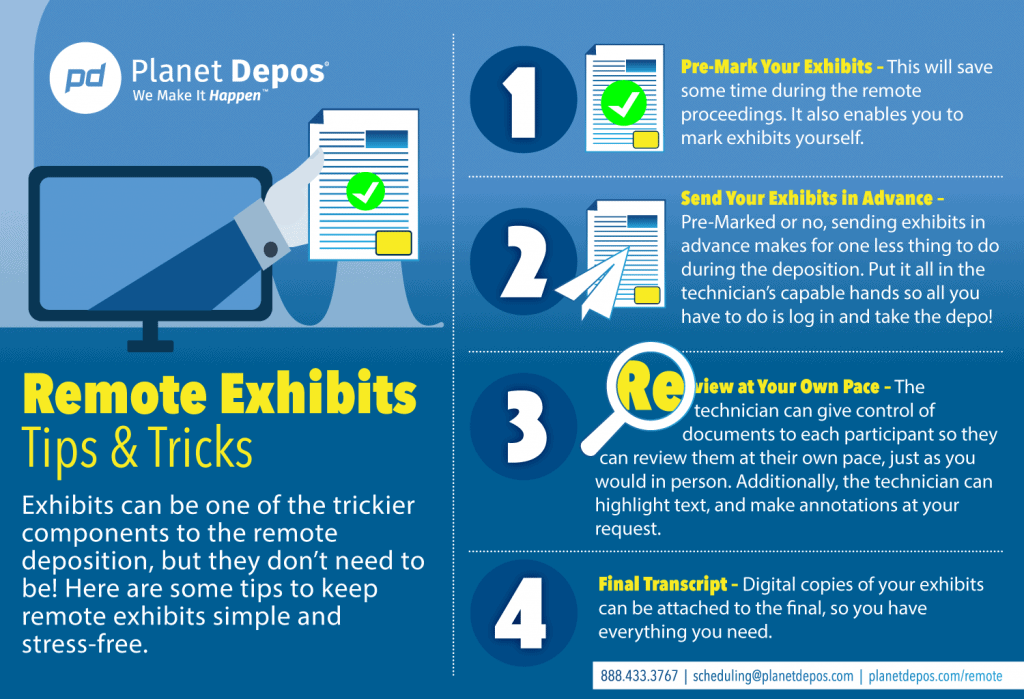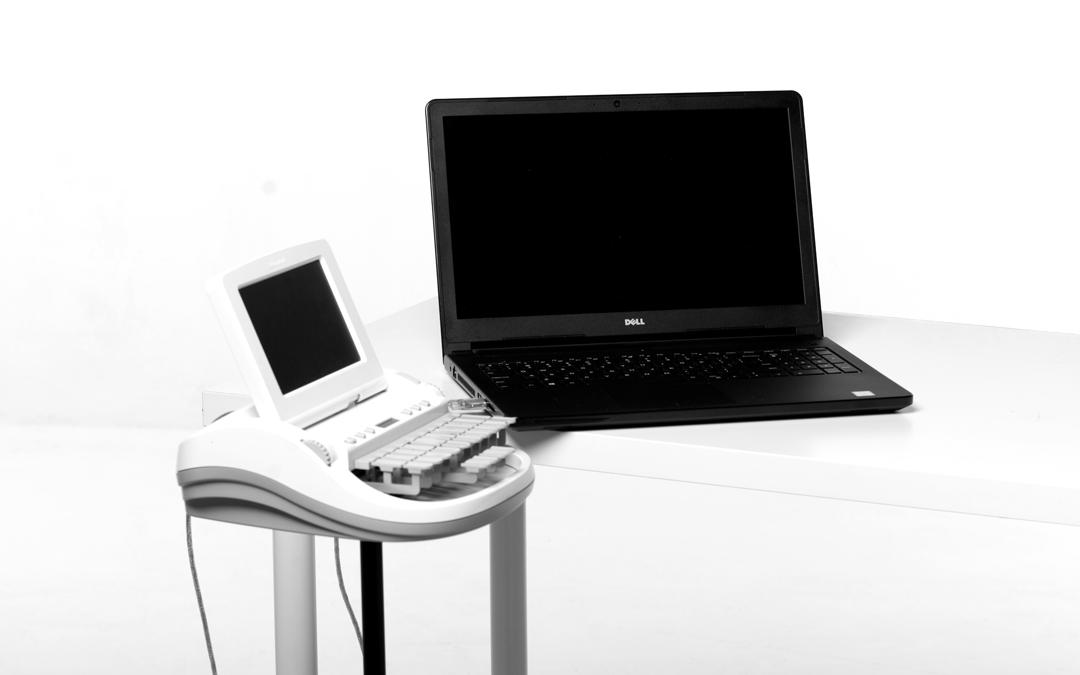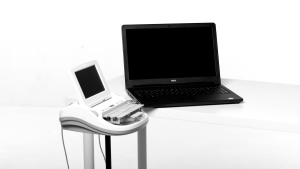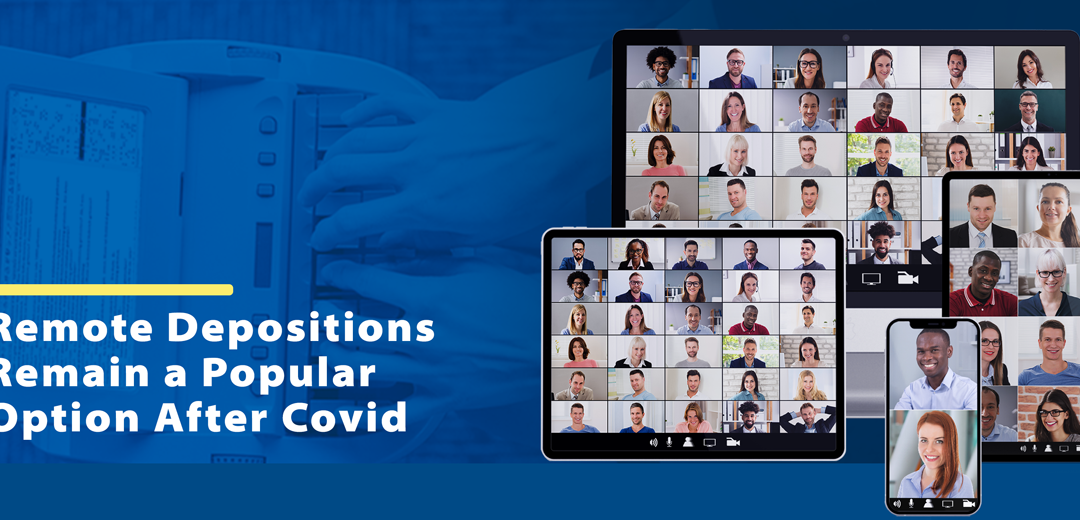
By Olivia Ignacio
It seems straightforward. You have audio you need transcribed. There are companies providing audio transcription. You pick one. Right? Well, you could do it like that, but really you want to pick the right audio transcription provider. To determine that, you should ask yourself five questions before making your selection. Only the company with satisfactory answers to all five questions should win your business.
Is the transcription being performed by a person or by a computer-generated program?
Sure, it sounds easy enough to simply load your audio file into a computer program that quickly generates a transcript, but the final product may not be what you expected. The human ear can pick up on words and nuances that software cannot; for example, the difference between an affirmative “uh-huh” and a negative “uh-uh.” A human can more accurately ascribe names of speakers to their voices, as well as more accurately transcribe heavy accents, low-volume speakers and inarticulate speakers. The error rate for computer-generated transcripts is also going to be higher, due to many different factors, including random noise on the audio, loud background noise or software malfunctions.
If the transcription is being done by a person, is it a court reporter or experienced legal transcriptionist?
There are many benefits to having a court reporter or experienced legal transcriptionist transcribe your audio. They are a neutral party; they are versed in legal jargon and court proceedings, and they are familiar with transcript formatting and rules by jurisdiction. These qualities mean they produce a professional, easy-to-read, certified transcript.
In addition, having a court reporting agency do your transcription ensures you are provided with the transcript files you expect, whether it’s ASCII, PDF, E-tran (.PTX), LiveNote (.LEF), TextMap (.XMEF), CaseNotebook (.PTZ), Summation (.SBF) or trial software such as Sanction (.MDB) and Trial Director (.CMS).
Can the transcription provider work with the kind of audio file I have?
A quality transcription provider should be able to! Make sure they can handle audio types ranging from standard .MP3 and .WAV files to commonly used courtroom software such as CourtSmart and other proprietary surveillance or video software. Additionally, they should be able to access audio from various forms of media submitted, including thumb drives, discs and cassette tapes.
How quick a turnaround do I need?
Those in the industry generally estimate that the transcription will take three times the length of the audio. Thus, a four-hour audio file will take 12 hours to transcribe – approximately a day and a half. This estimate accounts for time spent proofreading, relistening and researching terms and spellings. Make sure the vendor you choose has the resources to finish your transcripts on time.
Will my transcript be accurate?
The court reporter or experienced legal transcriptionist will always do their best to make the transcript as accurate and complete as possible. Any words they cannot 100% confirm, they will mark in the transcript as “inaudible” or “indiscernible.” Any speakers they cannot identify will be referred to as “Male Speaker 1,” “Female Speaker 2,” etc. To aid the transcriptionist in providing an accurate transcript, consider sending a list of speaker names, as well as a list of special terms or acronyms likely to appear.
Planet Depos has been providing best-in-class court reporting services for more than a decade, including transcription services. Their professional transcription team stands ready to assist with your audio transcription needs. If you have questions or want to request transcription, email audio@planetdepos.com. You can also make your request on our site.











 As technology continues to advance, fears of robots replacing humans has increased across many industries as corporations look to automate certain job functions to reduce costs and stay on top of trends. This
As technology continues to advance, fears of robots replacing humans has increased across many industries as corporations look to automate certain job functions to reduce costs and stay on top of trends. This 
 Even though the 2022 World Cup has come to an end, some memorable moments left a lasting impression. Japanese soccer players and fans made headlines during their time in Qatar due to their unique tidying actions. Interviews with Japanese fans showed that their decision to clean up after themselves and other fans boils down to a simple term, “atarimae.”
Even though the 2022 World Cup has come to an end, some memorable moments left a lasting impression. Japanese soccer players and fans made headlines during their time in Qatar due to their unique tidying actions. Interviews with Japanese fans showed that their decision to clean up after themselves and other fans boils down to a simple term, “atarimae.”

